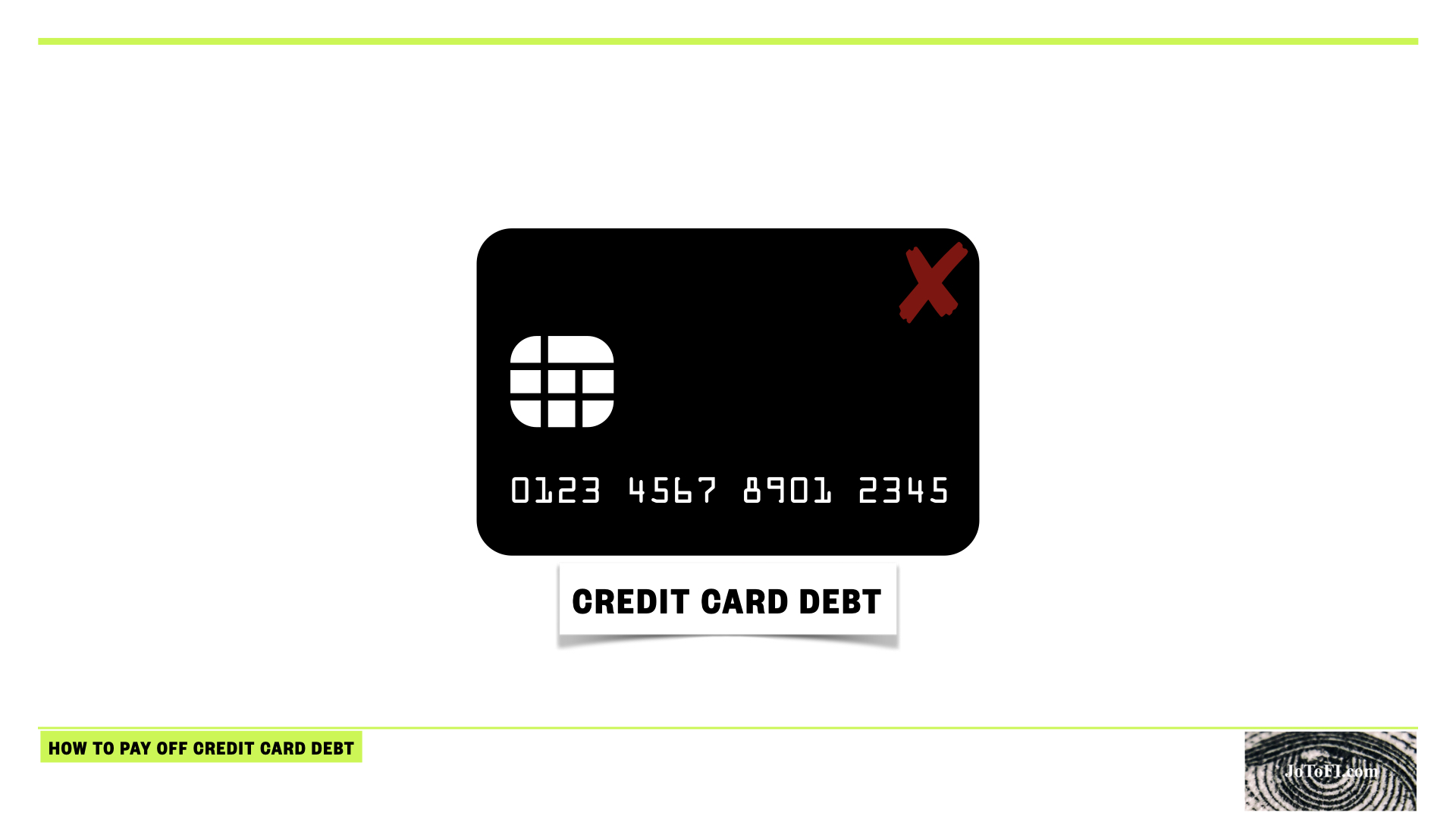One of the most important things that you can do in life is teaching your kids about money. Teaching kids about money is a proactive way to ensure that the next generation is financially literate. It may seem like another thing on the list to do as a parent, however, teaching kids about money can be as easy as playing a game or just including them in day to day activities. To teach your kids about money, take your kids on your daily money adventures.
Teaching Kids About Money Must Start Early
Having a financial foundation is all about starting early. While you may quickly accumulate wealth in some instances, the magic of compounding requires time. As such, start saving early.
The easiest avenue to teaching kids about money is to start saving early. Yes, the good ole piggy bank. This is one of the earliest and easiest ways to get your kids to think about money. Even kids love to see their money grow.
The piggy bank provides for a lot of teaching opportunities. For example, the piggy bank can be used to teach the concept of saving toward a goal. If your kid wants to buy something, have them understand how long it will take for them to save that amount based on their standard allowance. It need not be a big purchase, for example, if they want to buy candy, you can mention that they will need to save/take an amount from their piggy bank. This will no doubt trigger an internal conflict of money vs candy. They will have to decide whether or not the candy is really worth their money.
But most importantly, the piggy bank forces kids to adapt a habit of saving. Saving is a habit that can be beneficial if learned early.

Making Purchases
Your kids like new gadgets, so does everyone. How do you pay for it? Typically with a credit card? Teaching kids about money involves teaching them about your purchases. Show them the bill and how much things costs. Show them how you purchased it, cash or credit. If you are using a credit card, this is the perfect time to discuss interest rates. You can further venture into the concept of paying off credit card bills early such that you do not have to pay interest payments. The magic of compounding and how this can work to your benefit in saving but to your detriment on money you owe will no doubt hold their attention. Importantly, the concept of not purchasing things that you cannot afford will be a natural progression.
Going To The Bank
Like many other things as a parent, get your kids involved in your financial decisions. They may not understand, however, the act of going through the process will be built in. When old enough, they will begin to understand. Teaching kids about money is about sparking financial curiosity and planting a financial seed that will flourish and pay dividends in the future.
For example, on each journey to the bank, consider taking your child. Kids are curious creatures and they will ask numerous questions about the bank. Why are you going to the bank? Why are you depositing money? Where did you get the money from? Do you get it back? These are all questions that will spark a conversation with regard to earning money, using money, and saving money.
These early conversations with your 3-5 year old will begin to inform their concept of money. Have you ever taken money from your kids piggy bank and try to deposit it in the bank? If you have not, this process is likely to create a mental break down for any child. They become very attached to their money. However, this process provides the perfect opportunity to have a discussion with regard to the function of a bank, interest rates, and possibly inflation. No kid wants to have their money taken away. By explaining why their money will earn more if it is put to work (in the bank/investment account) will put them at ease and be a great benefit in the future.
Monopoly Money
Teaching kids about money at times can be a simple matter of playing a game. In many ways, monopoly is the perfect game. Monopoly can accomplish multiple things. Monopoly is not only a fun game for family time. Playing monopoly can also help kids learn to add, subtract, and also teach your child to handle or at the very least begin to get an appreciation of money.
Think about it, where else would a kid learn about charging rent, bankruptcy, going to jail, getting paid a scheduled salary, trading property, and transacting with a bank? Monopoly teaches simple concepts in game form. (1) If you own property, you can charge rent. (2) If you invest in your property, by building a hotel, you can charge even more. (3) If you over extend yourself financially, you can go bankrupt. The concepts are all there, and your kids will learn them all without trying.
Conclusion
One of the most important things that you can do is teaching your kids about money. Teaching kids about money is a proactive way to ensure that the next generation is financially literate. It may seem like another thing on the list to do as a parent, however, teaching kids about money can be as easy as playing a game or just including them in day to day activities. To teach your kids about money, take your kids on your daily money adventures. Help your kids get on the journey to financial independence early.
Follow me on Twitter @JoToFI_com
Follow me on Instagram @JoToFI_com


